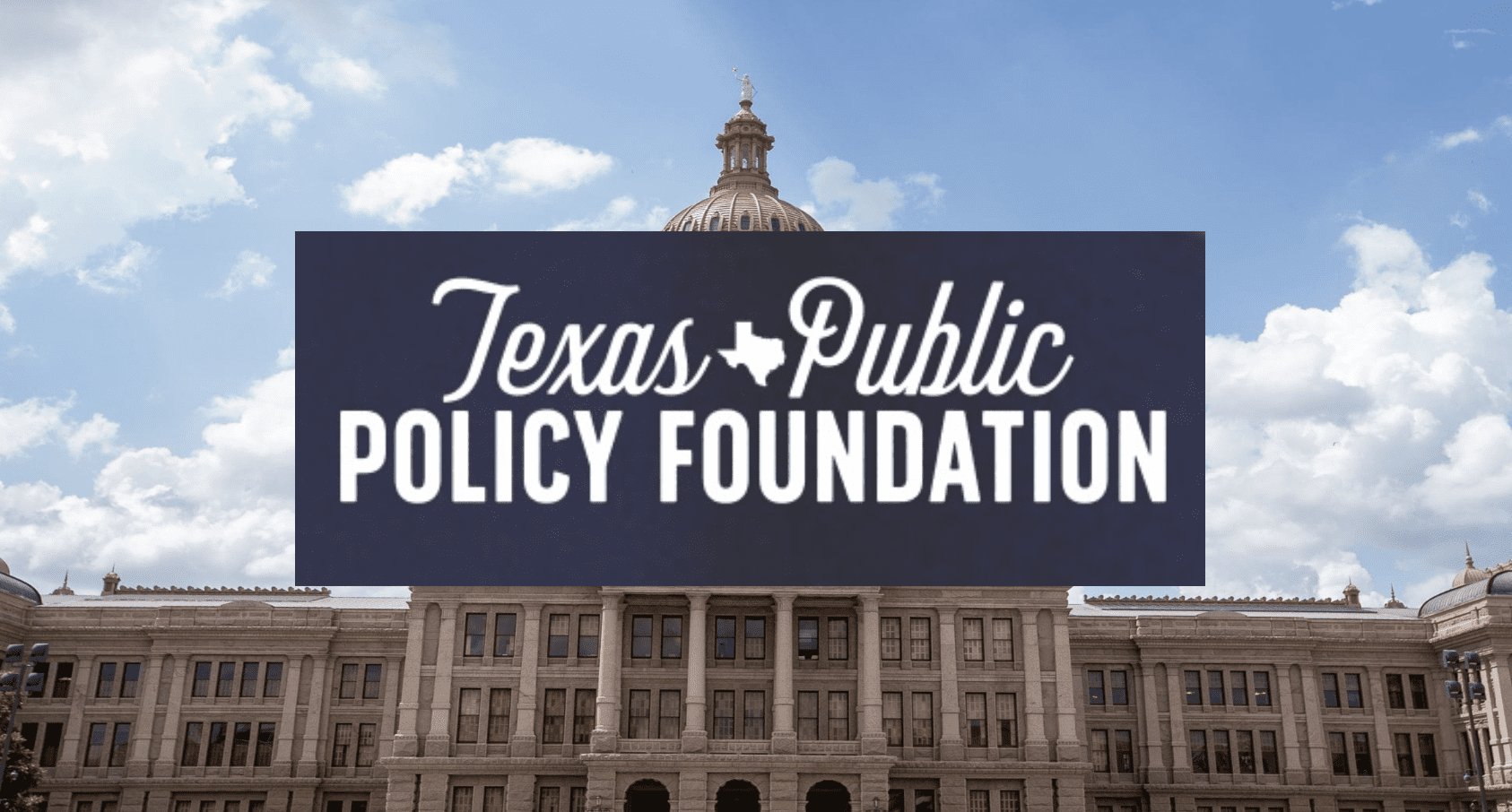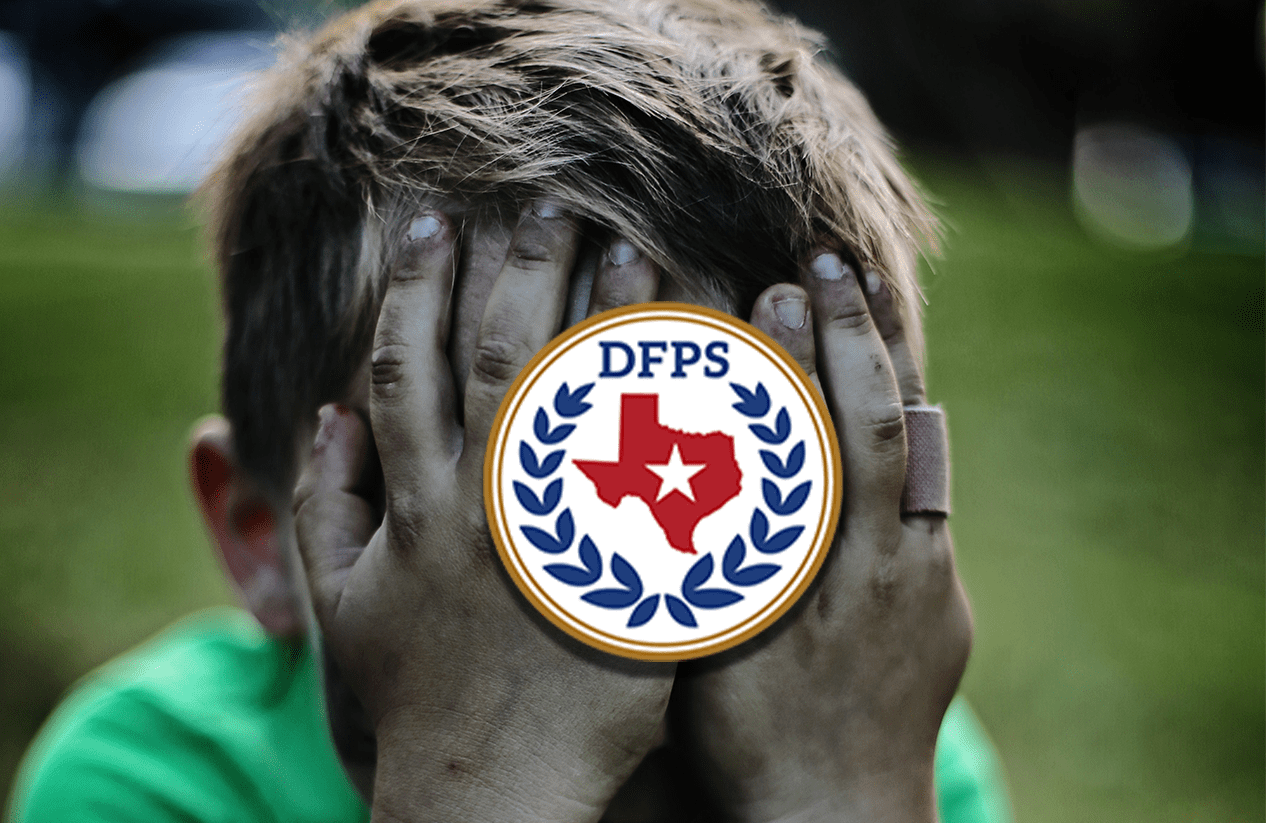With the 84th session of the Texas Legislature still over a month away, big-spending politicians are already scheming on how to massively expand the next state budget, all while claiming fiscal discipline.
The main obstacle to the grow-government crowd is our constitutional spending limit on the growth of appropriations commonly referred to as “the spending cap.” However, given the way the limit is calculated, it becomes clear that it proves only a small hurdle to budget bloat.
Under our constitution, the growth of appropriations from non-constitutionally-dedicated tax revenue may not exceed growth in the state’s economy—as defined by the legislature (Article 8, Section 22). As per state law, the Legislative Budget Board (LBB)—a handful of powerful legislators—must set this new spending cap for the upcoming legislative session.
The measure of growth for the state’s economy selected in statute is personal income, however, current law allows the LBB discretion in selecting another definition for “economic growth.” In brief, personal income is the total amount of income from both private earnings and government transfer payments received by Texans in the course of one year.
On Dec. 1, the LBB will meet to set the cap based on this measurement. Preliminary reports in the Texas Register show that the board will likely consider a limit reflecting an increase in personal income growth that is twice the rate of population and inflation growth—between 11.7% and 15.7%.
To put this number in perspective, the Texas Public Policy Foundation has calculated that a budget limited to the combined increase in population and inflation should cap growth at 6.2%.
While a growth in personal income is great news for Texans, the personal income definition is a poor measure of economic growth. Specifically, this definition fails to reflect economic growth because it includes government transfer payments and it is often much higher than population and inflation even in periods of economic recession.
These factors lead to an overstatement in the degree in which government can prudently grow. For example, during the 2008-09 biennium, the personal income growth increase was 5.2% even though economic output measured in real Gross Domestic Product declined by over 3% in those two years combined.
After all, an economy is ultimately a collection of people, and the cost of providing government services does not increase or decrease with a state’s personal income. Government growth that is faster than the ability of the people to sustain it is antithetical to a vibrant entrepreneurial private sector and an enemy of the Texas Miracle of prosperity.
Even worse, the “spending limit” lets elected officials misleadingly claim they “kept spending in check” when in actuality, licentious legislators kept the special interest spigot wide-open.
There is a different path the LBB could take: under current law, the LBB could just as easily adopt a population-plus-inflation limit that more faithfully represents economic growth and safeguards citizens from virtually unrestrained government expansion.
Texans deserve a conservative budget. Our state cannot have a conservative budget if it does not have realistic, limits that adequately protect taxpayers from budget-busting politicians.




